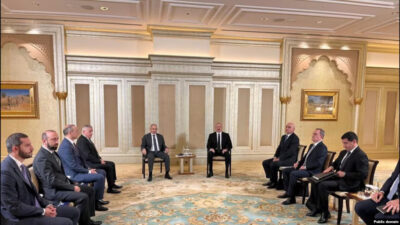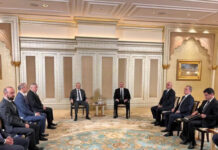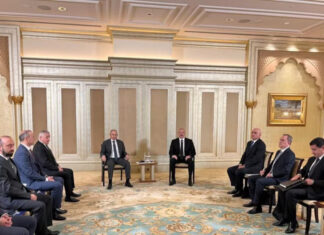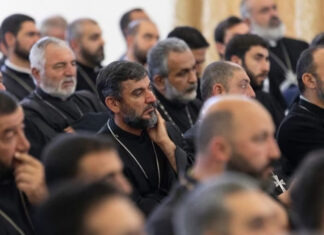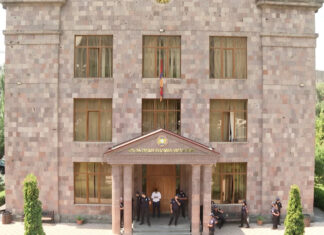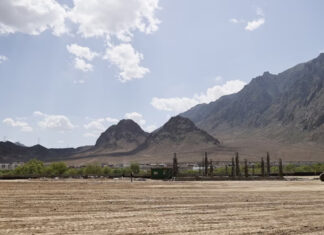By Raffi Bedrosyan
When the government of Armenia decided to establish the Ministry of Diaspora in 2008, the objective was to form a partnership between the Armenian state and Armenians in the diaspora and to help strengthen the ties between Armenia and Armenians abroad, by preserving the Armenian national identity in the diaspora and the historic homeland. This was to be accomplished by developing multiple pan-Armenian initiatives in educational, professional, entrepreneurial, cultural, social and sports fields, as well as by combining the talents, skills, resources and capital of both Diaspora and Armenia Armenians. Thanks to the strong personality and leadership of the first and only Minister of Diaspora, Hranush Hakopyan, the Armenia-Diaspora partnership has been founded on a solid base, with many success stories.
But there are also many failures, particularly in the areas of Diaspora investment. When Karen Karapetyan, the prime minister of Armenia, sent an appeal recently to the Diaspora Armenians to strengthen their ties and commitment to Armenia, the response from several Diaspora organizations and activists within Armenia was mostly negative, citing several examples of failed initiatives due to corruption and bribery, even blaming the Armenian government for thinking of Diaspora just as a “cow to be milked.”
So, where do we go from here? Is there room for improvement? Are there better alternative ways of growing the Armenia-Diaspora partnership? Are there different ways of solving recurring issues related to mutual trust, confidence or cooperation between the partners? With the impending elections in Armenia in the next few months, I believe it is appropriate to re-assess the form of governance for the Ministry of Diaspora.
I suggest that, despite all the good intentions, goodwill and accomplishments of the Ministry of Diaspora, there are serious problems between Diaspora Armenians and Armenia. The initial enthusiasm of the first few years is long gone, when Diaspora Armenians were much more willing to visit, live, work and play, and more significantly, invest in Armenia. There is now a general lack of trust and discontent by the Diaspora Armenians toward Armenian government leaders. When it comes to the issue of investing in Armenia, there is widespread conclusion that investments mostly disappear due to bribery and corruption. When it comes to the issue of governing Armenia, there is heavy criticism of the Armenian government leaders. Growing protests by a multitude of Diaspora intellectuals, celebrities and artists against the Armenian government leaders is a testament to that.
Armenian government leaders, as well as Armenians living in Armenia may very well tell the protesting diaspora intelligentsia: “If you want to make a difference, you better move to Armenia, come and live and vote in Armenia, instead of just complaining from abroad’. But I suggest the Diaspora Armenians would have a much more defensible argument, if they focus on improving the relationships between Diaspora and Armenia, and also because the very reason for the establishment of the Ministry of Diaspora is the Diaspora Armenians.
